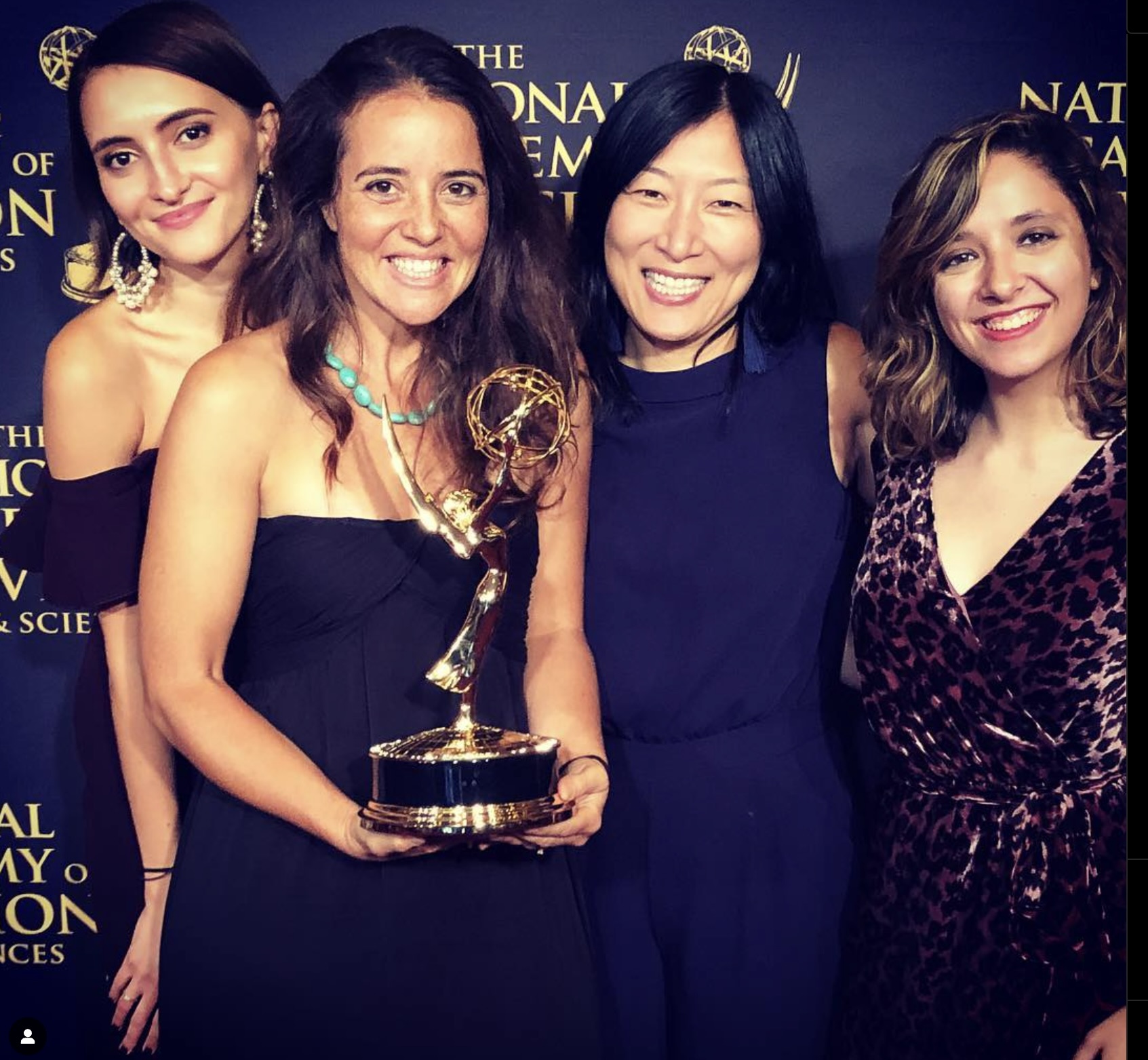Catherine Kim, the executive vice president of NBC News Editorial, shared with NBCU Academy how she guides NBC News Digital and the network’s editorial units — including business & economy, health, investigations and climate — and works with reporters, correspondents, writers and editors.
It’s a major undertaking to oversee breaking news coverage as well as enterprise and exclusive reports, but Kim appreciates the challenge.
“I’ve always wanted a steep learning curve,” Kim said. “If I am not learning a lot, if I don’t feel a challenge, then I feel stalled or static.”
Check out Kim’s career advice and reflection on how her Korean American identity has shaped her leadership qualities in the video and further comments below.
You’re a leader in the NBCU News Group and broadcast media. Did you aspire to this role?

I never anticipated leading large groups. But I’ve always enjoyed managing and leading people, helping foster the shape of their career or their development, or how they approach managing stories. The leadership grew out of that.
And I love to feel challenged. If you’re not a little bit afraid of your job and the size and scope of the job, then it’s probably not the job you need to have. It’s important for me to feel a little bit scared about the pressure. It reflects the expectations and responsibilities that come with it.
What advice do you have for someone starting their career?
Take the direct path from point A to B. Early career folks might say, “I’d eventually like to get into this field,” whether it be correspondent, making long-form documentaries or being a “Nightly News” producer. I always say, “Go there as fast as you can.” Some people underestimate how much more challenging it can be to cross over into the job they want if they’re not already in a position of trying to go after that direct job.
You should do all assignments with the same kind of drive, hard work, efficiency, organization and skill. No assignments are too big or too small early on in your career. One person saying, “So-and-so doesn’t apply themselves to this,” you never realize how much that could ding you early on.
How has your cultural identity influenced your leadership qualities?
My present-day leadership style has been determined by everything I have experienced leading up to this point. My background — Korean American, growing up in the Midwest and the suburbs, maybe the only Asian face in many settings and life experiences — has shaped my personality. Having grown up being a relative outsider in many regards allowed me to be a better listener, to be a bridge in many ways.
My parents were immigrants, spent a lot of their time working. My mother spoke broken English. All those kinds of experiences give you more empathy, make you understand other perspectives. It’s not dissimilar to why I think it’s important for us to have a representative newsroom. We have to represent the public we serve in all aspects: geographically, racially, ethnically, culturally, socio-economically. The more we represent our viewers and readers and the public, the more accurately we can cover their stories.
What have mentors taught you about leadership?
Some of my earliest mentors were women who came of age during the ’70s, ’80s and early ’90s. I learned from them how to be tough, decisive. Some were superb executive producers, superb interviewers, incredible at digging out information and going toe-to-toe with the best of them.
If you are looking to develop your leadership qualities, studying great leadership is helpful. Observe what they’re focused on, how they conduct themselves, how they communicate. The toughest bosses taught me things I would maybe do differently, and I think that’s really important too. Mentorship can come from many different people in the newsroom or your office environment. It doesn’t always have to come from someone who is looking to develop your career.



